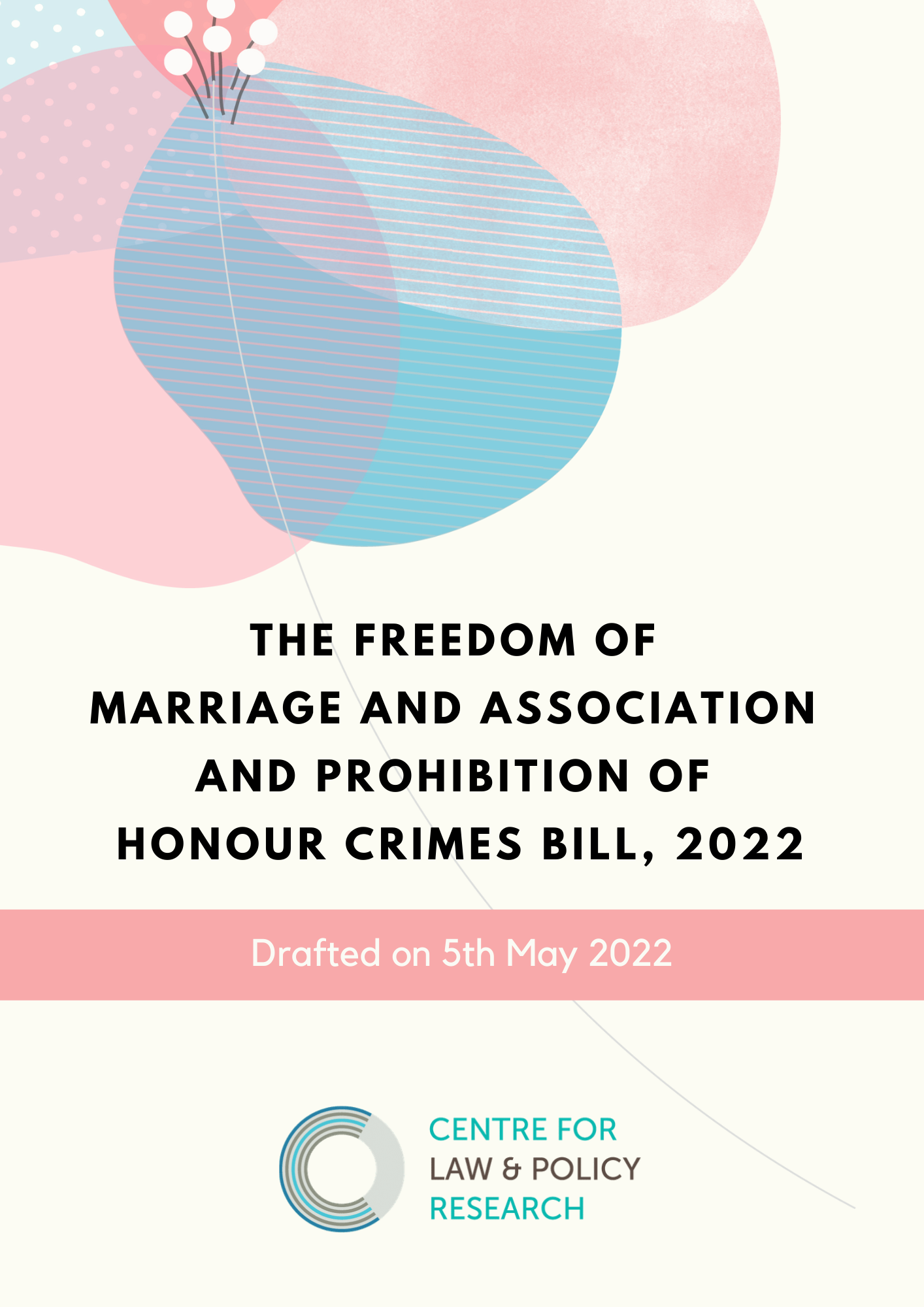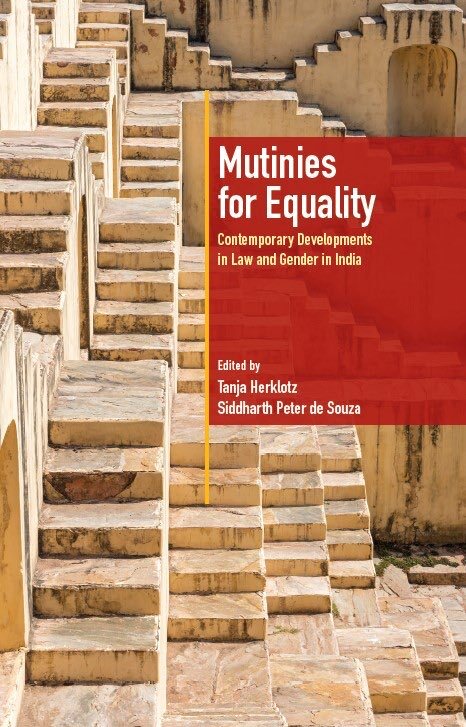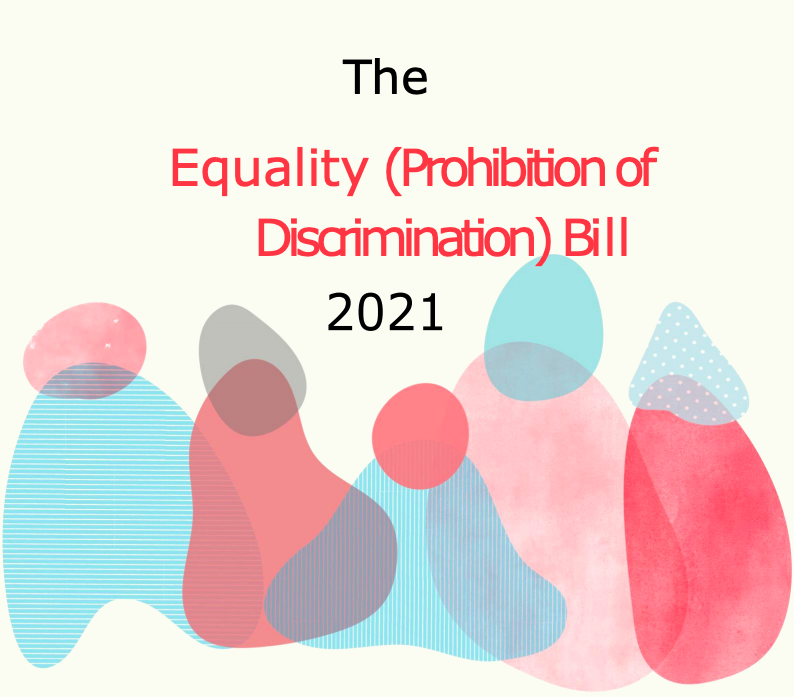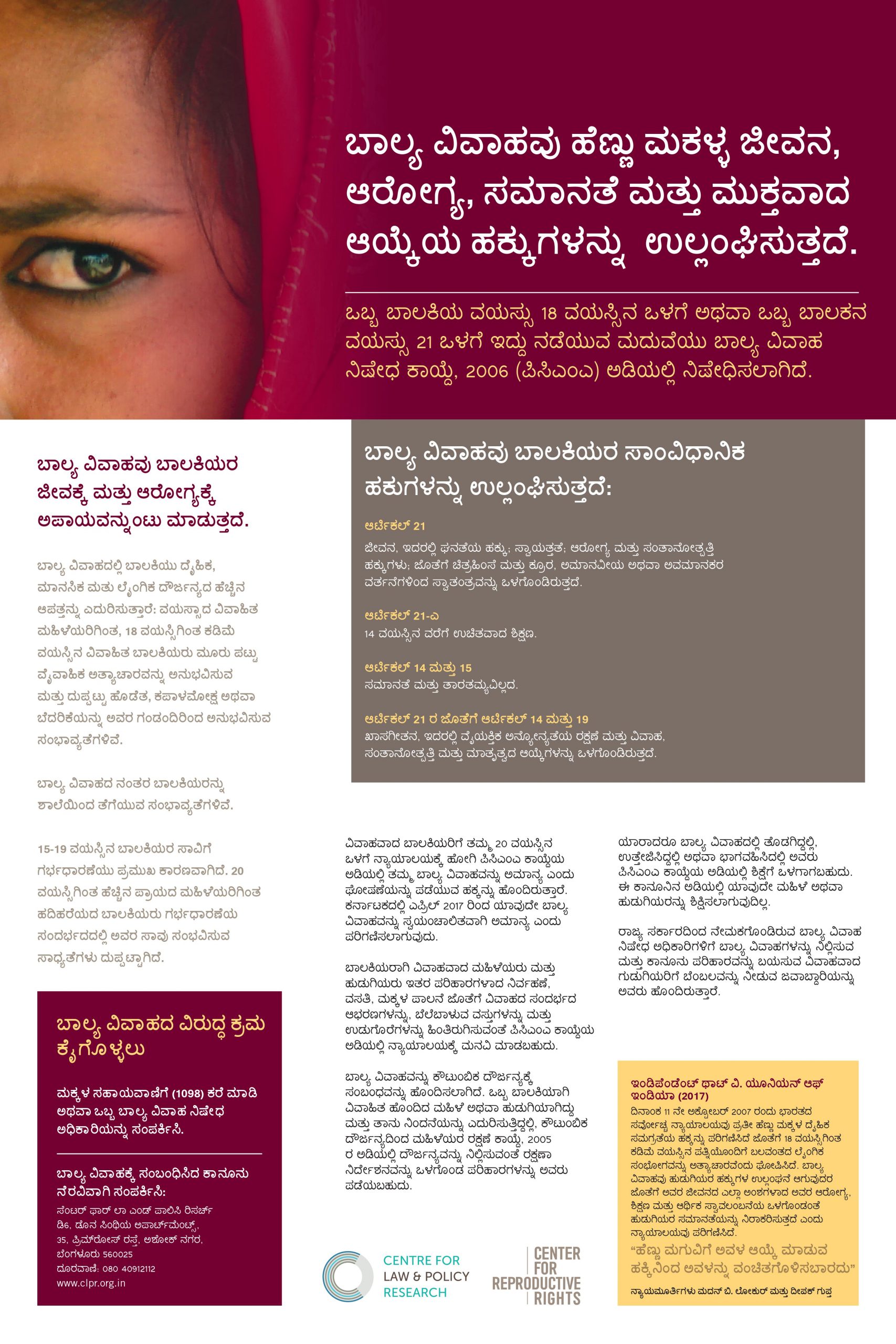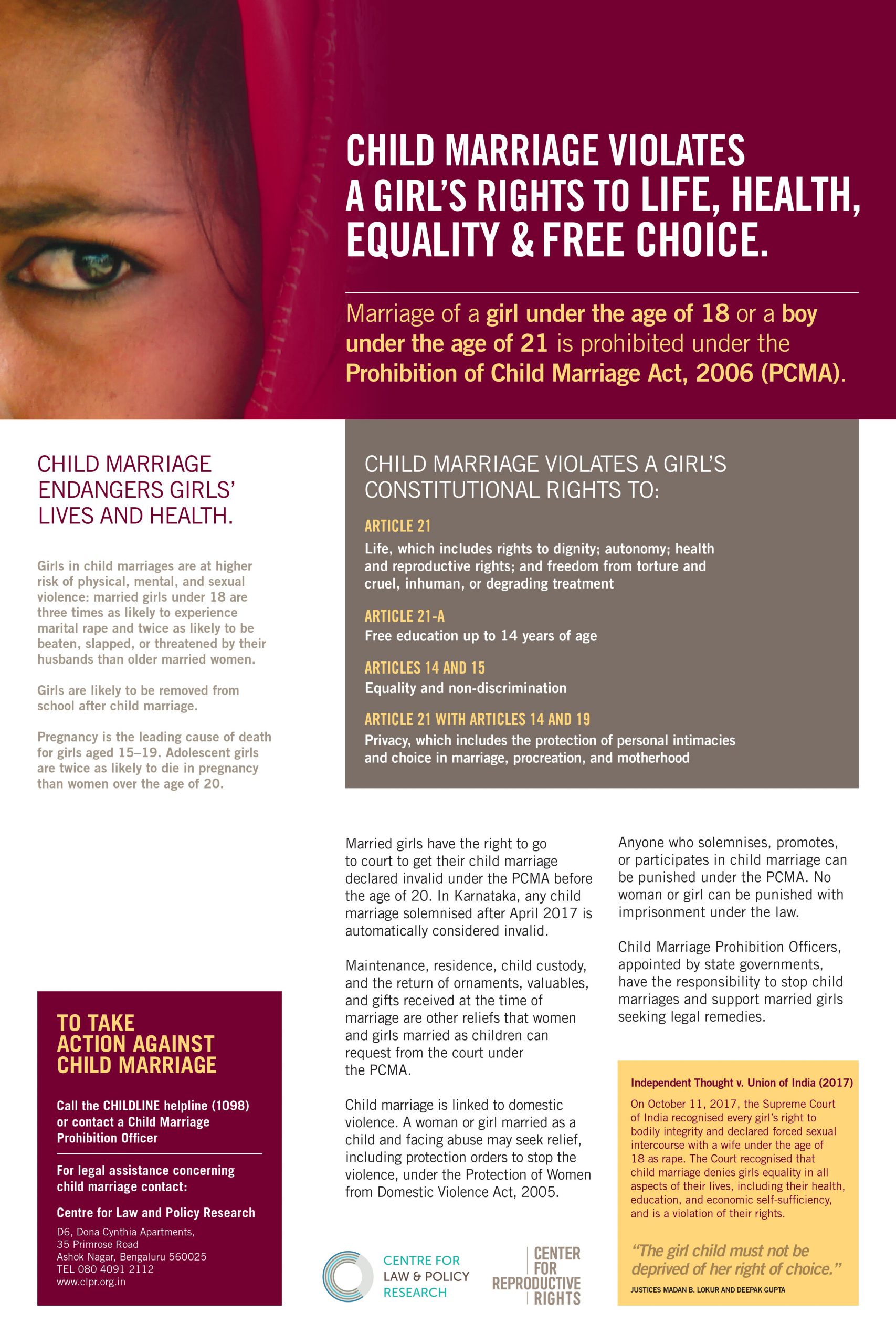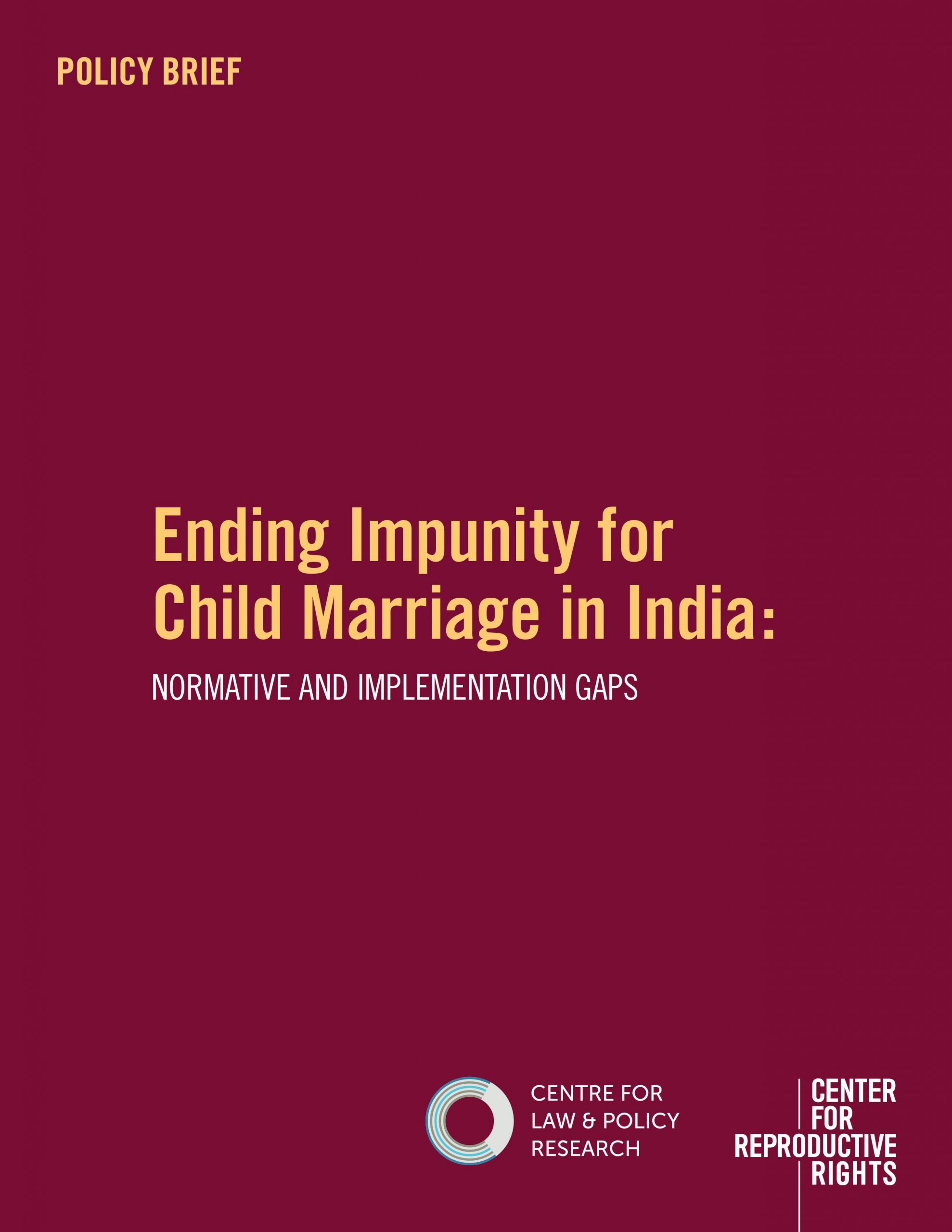CLPR on behalf of Women’s Voice, an organization which works specifically for rights of marginalized women filed a Special Leave Petition in the Supreme Court challenging the order dated 15.03.2022 passed by the Hon’ble High Court of Karnataka in Writ Petition No. 2347 of 2022. The Judgment not only held that the wearing of Hijab by Muslim women does not form a part of essential religious practice in Islamic faith, but also that the prescription of school uniforms which prohibit head scarves is a reasonable restriction and that it does not violate Articles 14, 15, 19(1)(a), and 21 of the Constitution of India, and that the Government Order dated 05.02.2022 which prohibits head scarves in universities is valid
This Writ Petition was filed by a 24 years old married woman seeking permission of the High Court to terminate her pregnancy of over 30 weeks as the fetus suffered from multiple abnormalities. By order dated 31.10.2019, the Hon’ble High Court permitted the Petitioner to seek termination of her pregnancy, in recognition of her rights under Article 21 of the Constitution and the mental trauma that is likely to be caused to her on account of the fetal abnormalities, if the termination is not permitted.
The present petition has been filed by Saraswati Kumar, a minor aged 15 years seeking annulment of her marriage under Section 3 of the Prohibition of Child Marriage Act, 2006 (PCMA) as it was solemnized when she was a minor and she was forcefully taken away from the custody of her parents.
CLPR represented the intervenor Vimochana in the Supreme Court and challenged the constitutionality of the offence of adultery under Section 497 of the IPC. We argued against adultery as an offence by invoking the fundamental right to privacy and argued that the right to intimate association is a facet of privacy which is protected under the Constitution. The Supreme Court unanimously struck down Section 497 of the Indian Penal Code as being violative of Articles 14. 15 & 21 of the Constitution.


